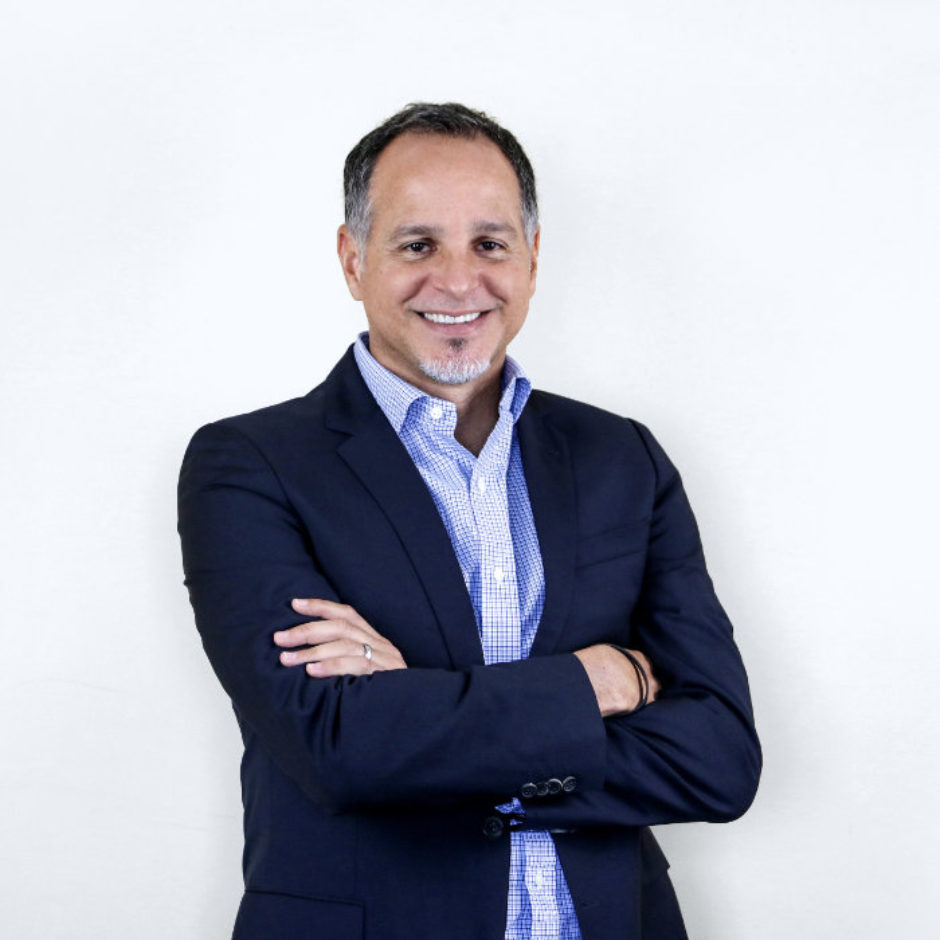According to Christopher Zacca, President & CEO of Sagicor Group Jamaica, the impact of the coronavirus pandemic (COVID-19) has been unprecedented in their lifetime and has caused them to reevaluate priorities as they navigate the far-reaching humanitarian, social, and economic impacts of the disease.
It was against this backdrop he reported the Group generated reduced net profit attributable to stockholders of $1.88 billion, equivalent to a $0.82 billion or 30% decrease when compared to the prior year.
The earnings per share reduced to $0.48 from $0.69.
Total revenue before unrealized capital losses increased by 15% or $3.05 billion.
The Group’s Insurance businesses reported strong new business and portfolio growth, resulting in net premium income and fee income being 24% and 34% higher than the prior year, respectively.
The core metrics of their Commercial and Investment banking businesses have also remained strong.
However, these strong core results were dampened by the dramatic downturn in the economy, he said, creating the following impact:
• Significant unrealized capital losses driven by the broad decline in bond and equity prices, noting this downturn is temporary and that they anticipate some reversal as the effects of COVID-19 are mitigated;
• Significant unrealized IFRS 9 Expected Credit Losses (ECL) on investment securities and the loan portfolios;
• COVID-19 and the resulting travel restrictions have adversely impacted their investments in hotel operations. Hotel revenue had been on an upward trend until the latter part of the quarter when the effects of travel restrictions were keenly felt. The Group recognized:
i. A significant share of loss from its investment in associate (Playa);
ii. An impairment charge on its Investment in Playa and
iii. An impairment charge relating to the Goodwill that arose on the acquisition of the X-Fund Group in 2018.
Despite these negative effects, the operating cash flow of the company has increased by $4.40 billion and the Group’s cash position has improved by $6.10 billion.
Consolidated net profit attributable to stockholders of $1.88 billion was generated from total revenues (including unrealized capital losses of $6.36 billion) of $16.81 billion. When compared to the corresponding 2019 period, profit attributable to stockholders declined by 30% (an increase of 13% when impairment charges are excluded) and revenue decreased by 16%.
The annualized return on stockholders’ equity was 8% as against 14% for Q1 2019.
Net premium income of $12.85 billion was up 24% in 2019, an increase of 16% when excluding premiums from Advantage General Insurance Company (AGIC), acquired in the Third Quarter of 2019.
Net investment income of $4.49 billion was 16% better than last year.
The Group recorded substantial ECL during the quarter on its portfolios of loans and domestic and international investment securities. The value of equities experienced a sharp decline in the latter part of March 2020.
Fee and other income of $3.90 billion grew by 30% since last year, partly due to strong growth in the Bank’s Payments channels business.
The Group also benefited from realized foreign currency trading gains and unrealized gains from the revaluation of foreign currency denominated assets, net of liabilities.
The Group recognized impairment charges of $1.16 billion, resulting from the lower valuations of investments in hotel operations, a direct result of the uncertainty surrounding the future impact of travel restrictions caused by COVID-19.
Despite the effect of unrealized losses on investment securities, Group assets of $458.46 billion showed only a minor decline from December 2019 and significant growth of 13% over the prior year.
Stockholders’ equity of $87.09 billion as of March 2020 increased by 10% or $7.60 billion over the prior year. There were significant unrealized losses on investment securities being carried at fair value through OCI which contributed to a 5% reduction since December 2019.
Individual Insurance
The Individual Life segment posted net profits of $1.27 billion,112% better than 2019. Net premium income of $6.93 billion was 12% higher than the comparative 2019 period, driven by higher new sales (API) in 2020 for both Jamaica and Cayman resulting in the in-force block of policies growing by 7% to almost 600,000 policies.
There were large unrealized capital losses mainly for the segregated funds and an increase of $0.78 billion in Benefits accrued or paid to policyholders due to withdrawals from Segregated policy funds, primarily driven by a change in the investment stance of clients.
The actuarial liabilities were positively influenced by improvements in morbidity and lapse experience.
Employee Benefits
The Employee Benefits segment produced profits of $1.09 billion, being 13% less than in 2019. Overall new sales were much better than last year as annualized new premium income showed 42% growth over 2019. This segment recorded higher ECL and other unrealized losses on its investment securities portfolio.
Benefits expense of $4.08 billion was 8% more than last year, driven by portfolio growth but mitigated by a marginal improvement in claims ratios.
Commercial Banking
Sagicor Bank contributed net profits of $0.13 billion for the quarter, a sharp reduction when compared to 2019. The results were severely impacted by higher ECL on loans relating to Tourism, Entertainment, and Energy sectors. The fee-based income of $1.06 billion was 12% more than the prior year as our Payments channels continued to grow.
Total assets of $153.43 billion were 20% above the amount in March 2019 and 8% higher than the December 2019 amount. Loans and advances, net of provision for loan losses, were $89.97 billion, 26% higher than the March 2019 balance, and $5.30 billion or 6% ahead of December 2019. Customer deposit liabilities of $119.17 billion were up 25% on last year.
Investment Banking
Sagicor Investments showed strong profitability during the period, contributing $0.53 billion (excluding the share of AGIC earnings) to the Group, 43% higher than the prior year. Fee income was down on Q1 2019 as less corporate financing deals were closed during the review period and the business line recorded large unrealized capital losses on its equity portfolio. However, an improvement in its net investment income along with foreign exchange gains contributed to revenues of $1.49 billion, which is 26% above 2019.
Liquidity and Solvency.
Group consolidated cash generated from operating activities was $10.57 billion compared to $6.16 billion in 2019. The liquidity of the Group remained strong with Cash and Cash Equivalents at the end of March 2020 is $27.44 billion (2019: $21.34 billion). The Group has maintained its strong capital position and continues to exceed regulatory capital requirements across all entities, he reported.
In his outlook, Zacca noted that as global economic conditions may deteriorate further in the coming months, they are carefully monitoring and assessing the overall impact on the Group. Sagicor Group Jamaica, he said, remains cautiously optimistic about the future but feels it prudent to take a conservative view of the potential impact of COVID-19 and manage their businesses accordingly.
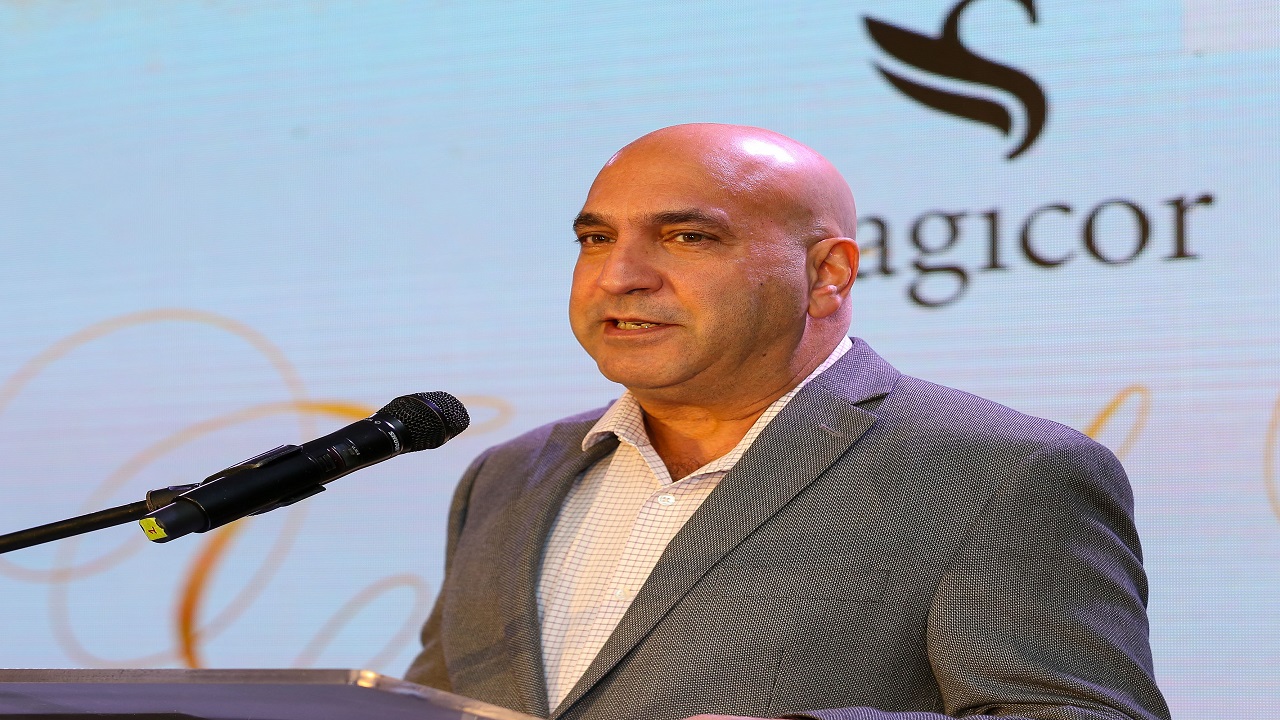

 Businessuite Markets3 weeks ago
Businessuite Markets3 weeks ago
 Businessuite News241 week ago
Businessuite News241 week ago
 Leadership Conversations4 weeks ago
Leadership Conversations4 weeks ago
 Corporate Feature1 week ago
Corporate Feature1 week ago
 Businessuite News242 days ago
Businessuite News242 days ago
 Businessuite Women2 weeks ago
Businessuite Women2 weeks ago
 Businessuite News24 International1 week ago
Businessuite News24 International1 week ago
 Business Insights3 weeks ago
Business Insights3 weeks ago

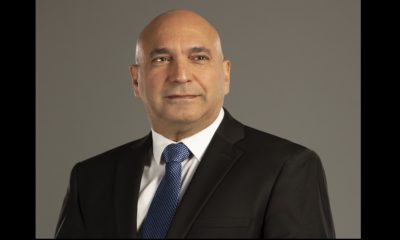




 FosRich is primarily a distributor of electrical, lighting, and solar energy products. FosRich aims to differentiate itself from its competitors in the Jamaican marketplace by providing a quality and cost effective service, and by collaborating with clients on technical solutions. FosRich partners with large global brands seeking local distribution such as Huawei, Philips Lighting, Victron Energy, Siemens, NEXANS and General Electric. FosRich has a staff complement of two hundred and forty (240) people across ten (10) locations in Kingston, Clarendon, Mandeville, and Montego Bay. FosRich also has a team of energy and electrical engineers who offer technical advice and install solar energy systems, solar water heaters and electrical panel boards.
FosRich is primarily a distributor of electrical, lighting, and solar energy products. FosRich aims to differentiate itself from its competitors in the Jamaican marketplace by providing a quality and cost effective service, and by collaborating with clients on technical solutions. FosRich partners with large global brands seeking local distribution such as Huawei, Philips Lighting, Victron Energy, Siemens, NEXANS and General Electric. FosRich has a staff complement of two hundred and forty (240) people across ten (10) locations in Kingston, Clarendon, Mandeville, and Montego Bay. FosRich also has a team of energy and electrical engineers who offer technical advice and install solar energy systems, solar water heaters and electrical panel boards.
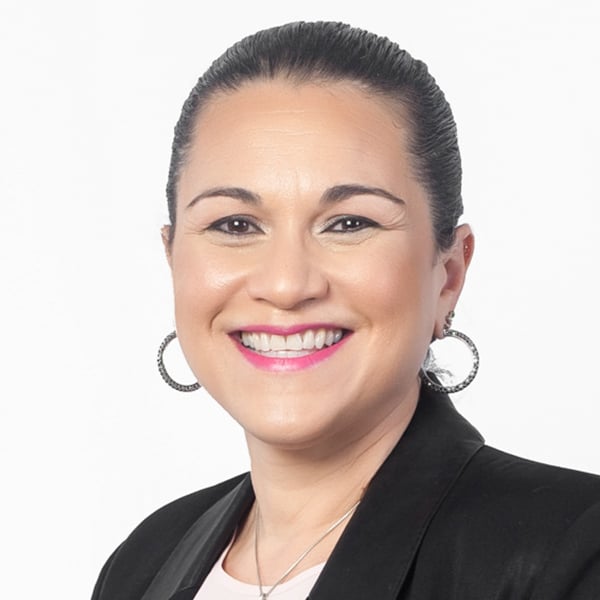
 Key Financial Highlights
Key Financial Highlights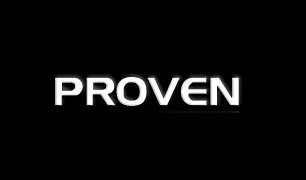

 For the three months ended March 31, 2025, the Group generated revenue of $29.97 million, which remained relatively flat compared to the $30.01 million earned in Q1 2024. This consistency aligns with the Group’s strategic shift toward more predictable recurring revenue streams. Notably, the team has continued to invest heavily in Amigo, a new initiative designed to drive scalable recurring income through a modernized business model.
For the three months ended March 31, 2025, the Group generated revenue of $29.97 million, which remained relatively flat compared to the $30.01 million earned in Q1 2024. This consistency aligns with the Group’s strategic shift toward more predictable recurring revenue streams. Notably, the team has continued to invest heavily in Amigo, a new initiative designed to drive scalable recurring income through a modernized business model.